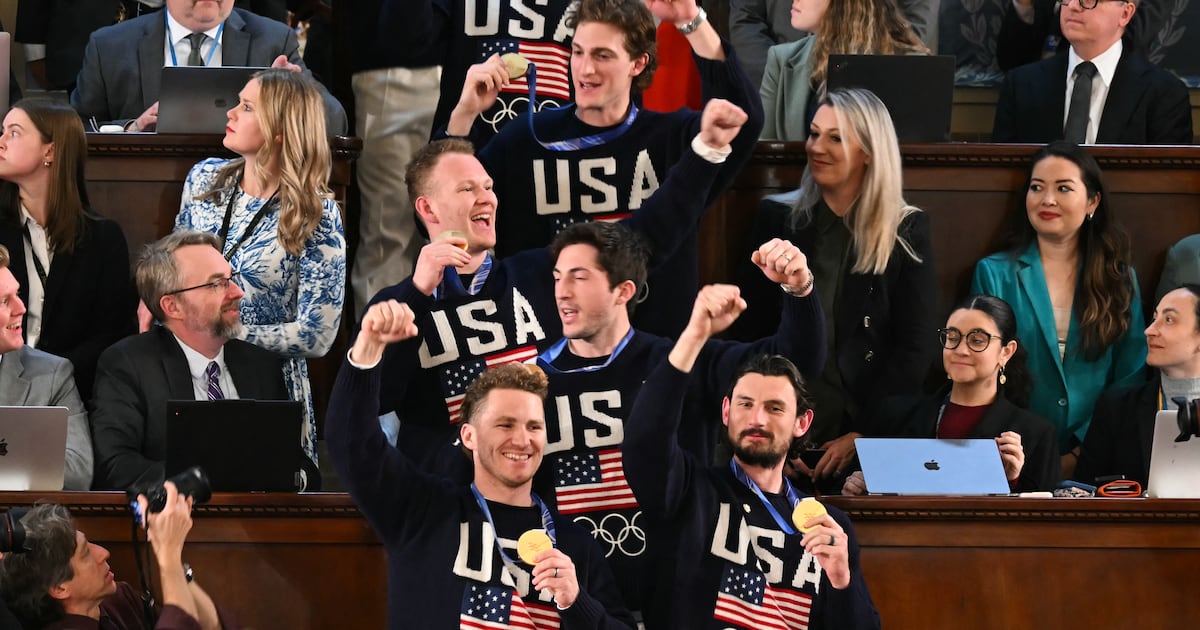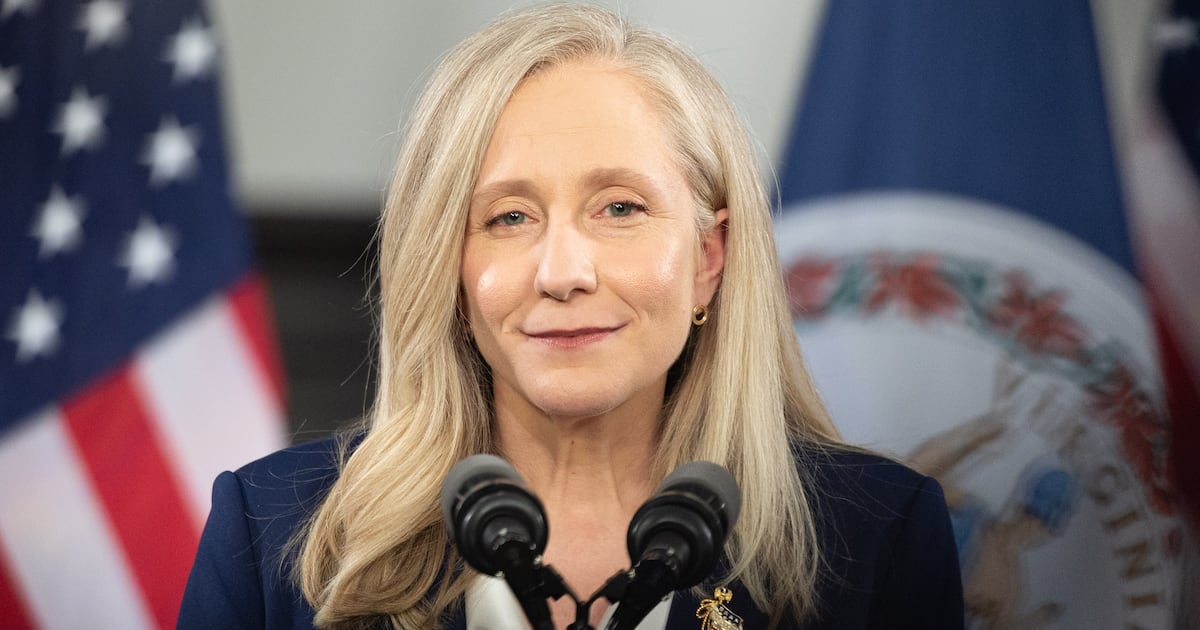I was almost done with Top Chef earlier this year, after a season of Texas-sized gimmicks and faux drama that left me nearly reaching for a knife of my own. (Or the remote, at the very least.)

Bravo’s cooking-competition franchise had tumbled sharply from its previous high, following on the heels of an All-Stars season that focused on the culinary know-how of some innately gifted professional chefs, rather than on drunken shenanigans or behavior more worthy of a high-school clique. But last season, which found a group of chefs traveling between three cities in Texas, was shockingly awful.
I wrote about the disaster of a season that ensued, its inane rivalries, and the "mean-girl" antics that put the cooking on the back burner. When the season ended with a biathlon that had the competitors cross-country skiing and shooting "ingredients” before preparing dishes aloft in a speeding gondola, things had really hit rock bottom for a once-superlative series.
So please forgive me: I was tempted not to watch the latest iteration, Top Chef: Seattle, which begins tonight at 10 p.m. on Bravo. In the end, however, curiosity won out. I wanted to see if the producers had learned anything from last season’s failures and missteps. Fortunately, they have—at least if we can judge from this season’s first episode.
As before, this season begins by narrowing down the pool of competitors from a gaggle of 21 to a more manageable number, each of whom must dazzle the judges to earn a Top Chef coat. But where last season stumbled by appropriating the format of Fox’s Masterchef—putting the chefs in a kitchen stadium of sorts—the producers of Top Chef played it smarter this time. Instead, the would-be contestants are assigned to one of four judges—Tom Colicchio, Emeril Lagasse, Hugh Acheson, and Wolfgang Puck—for whom they must perform tasks on the line in the kitchen or cook a layered soup, an inventive salad, or a winning omelet.
In other words, the emphasis is back where it belongs: on the cooking itself. Which is a big relief after last season (and the equally lackluster D.C. season). With Top Chef: Seattle, balance has been restored between character-driven drama and a proper showcase for skills, vision, and ability of the participants. By putting them through a crucible early, producers are better able to show which chefs rise to the challenge and which sink like a soufflé when the oven door is ripped open.
As for the contestants themselves, there are some “characters” here (one chef refers to herself as “not just a chef and a nutritionist … [but] a movement") and quite a few ironic mustaches. While they are undoubtedly a talented group, there’s an aura of hipsterdom hovering over the group, despite the fact that none (none!) of the chefs selected to appear this season is actually from Seattle or Portland. Considering that the Pacific Northwest is one of the most exciting and important culinary areas in America, this seems like a bit of an oversight, if not an outright insult.
But that’s really the largest of the season’s issues thus far. The opener restores the franchise to the top of its game, asking competitors to fillet a black bass under the stern gaze of Tom Colicchio or to prepare a soup worthy of Emeril Lagasse. (I remain less than sold on the idea of Lagasse as a Top Chef judge, especially side-by-side with Wolfgang Puck. Neither seems to command the critical weight of, say, previous judge Anthony Bourdain. Puck’s comment about how a stove is like a woman—neither does what they’re supposed to!—is a howler of atavistic tone-deafness.)
And Colicchio—who has been with the show since the very beginning—distinguished himself from the other judges. Rather than concerning himself with the outcome of a particular dish, he tested his contestants’ mettle by making them work the line during a busy service at his restaurant, Craft, in Los Angeles. The chefs who made it through without embarrassing themselves earned coats; those who didn’t earned a ticket home.
What Top Chef: Seattle’s season opener demonstrates is the drive and passion of many of these competitors and, more important, their culinary skills. Paring down the challenges to their simplest element (a salad! an omelet! a soup!) inherently leaves less smoke and mirrors for the chefs to hide behind. It’s something I hope the producers have taken to heart. Viewers want to see the process and the creativity; we don’t need bells and whistles. Or even gun-toting chefs on cross-country skis.






